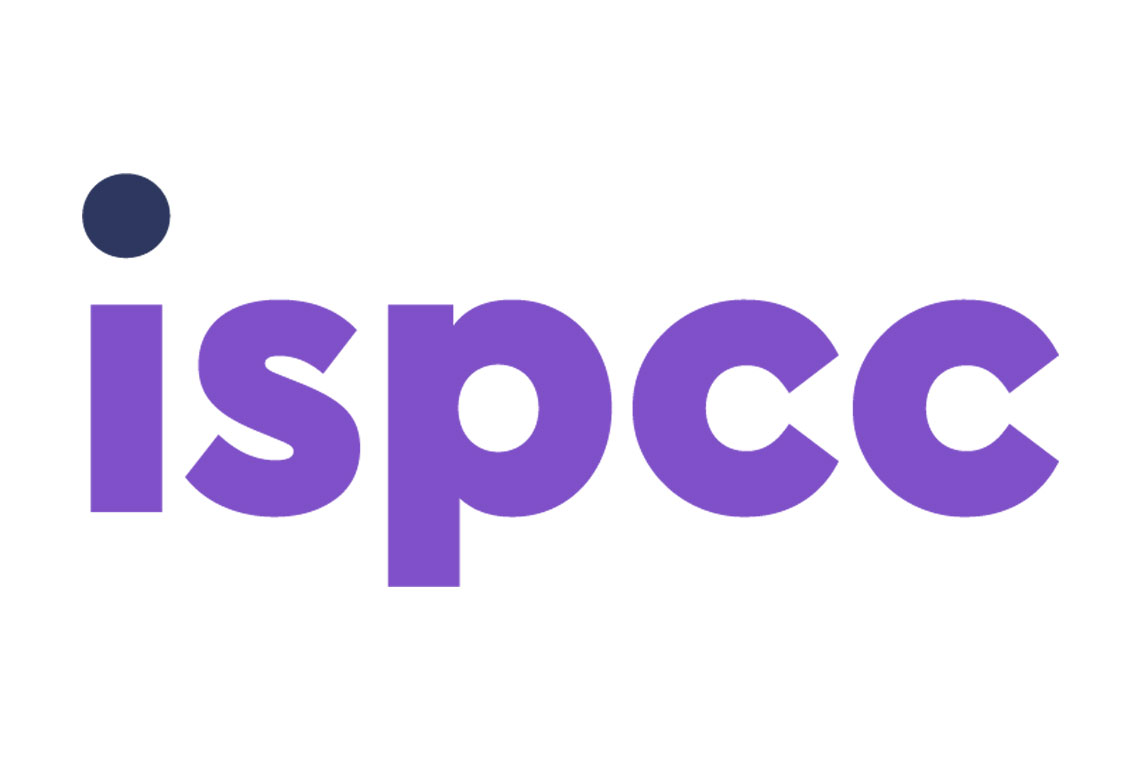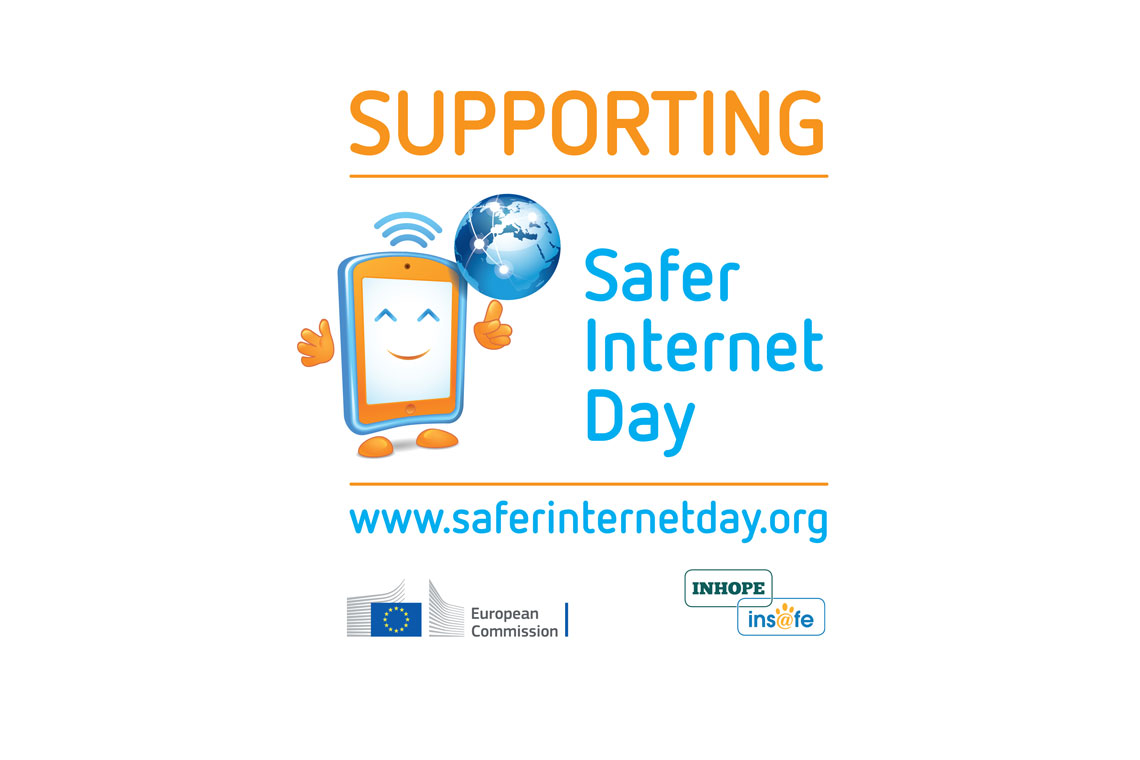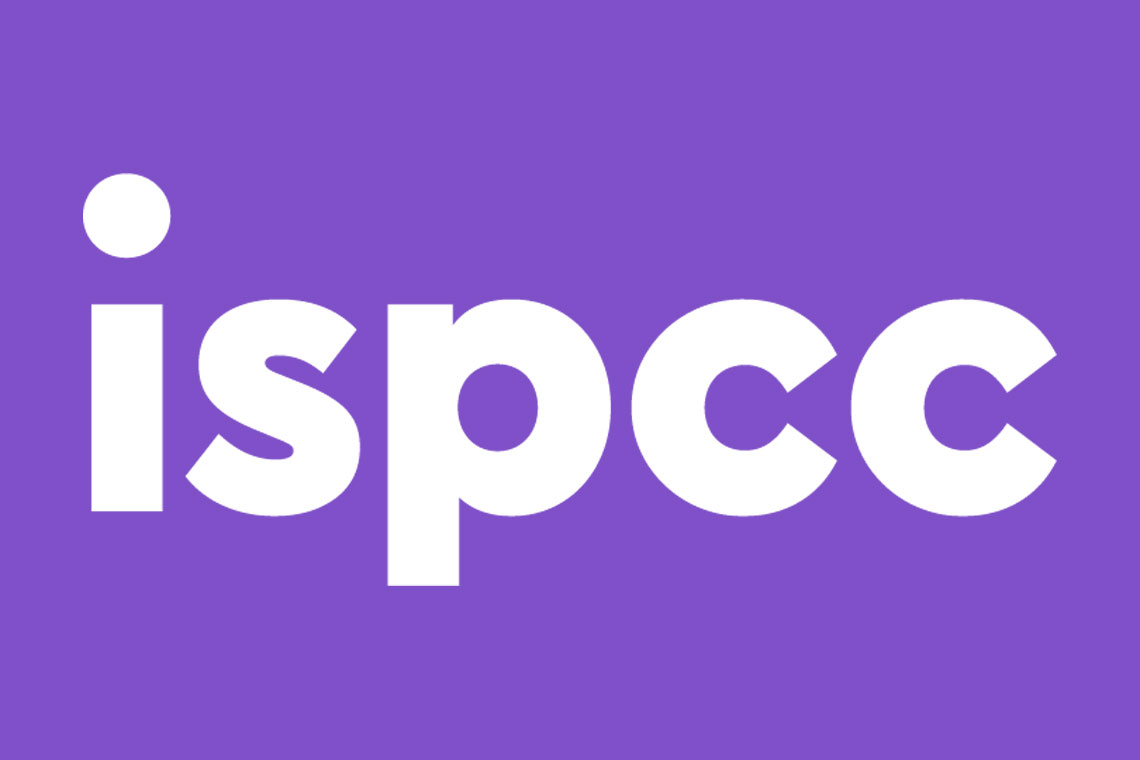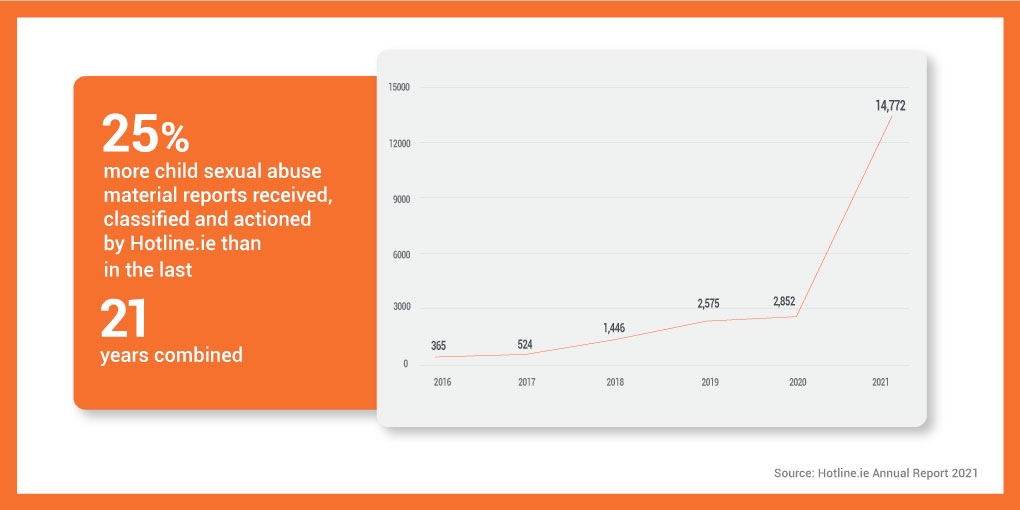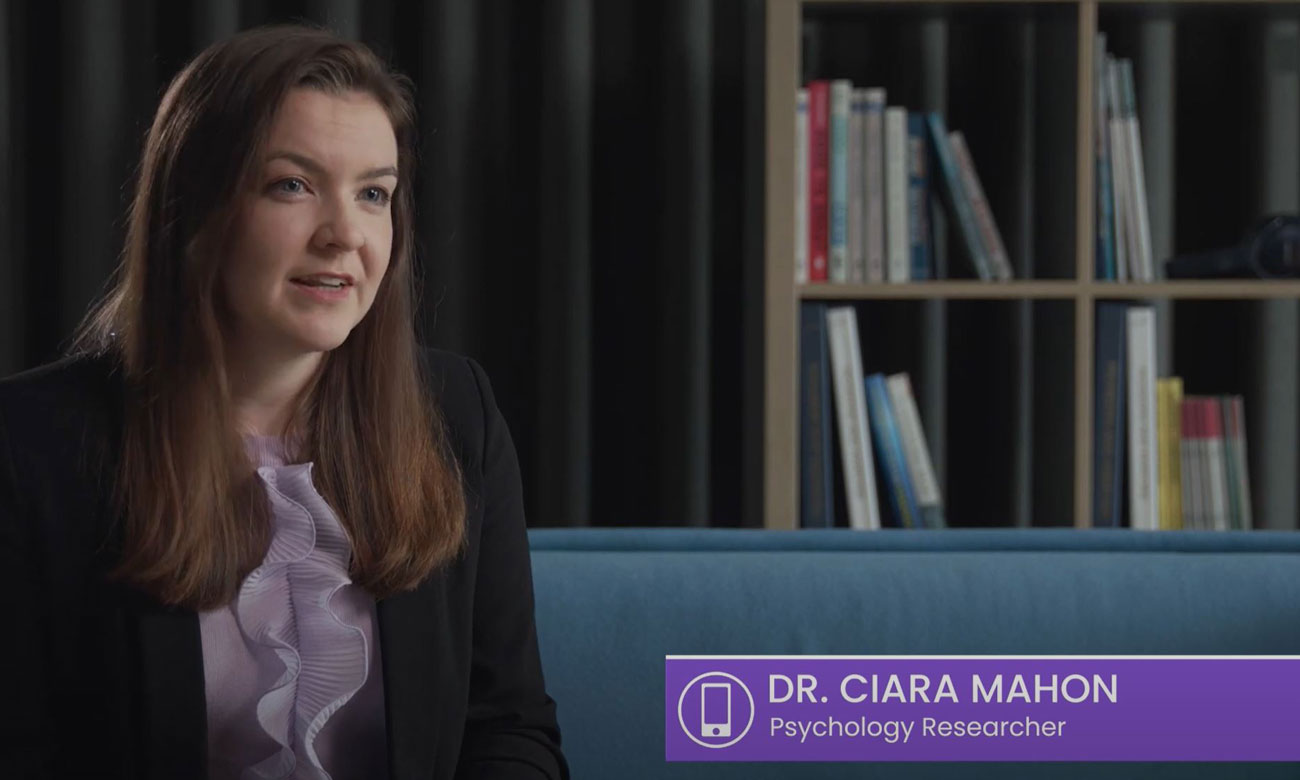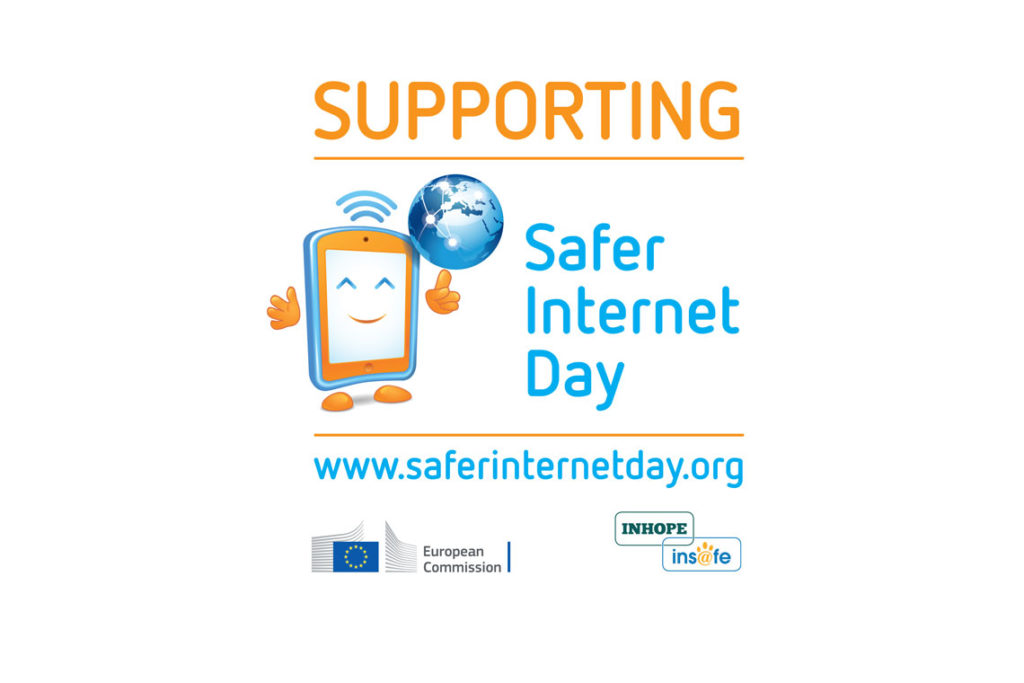
‘Promoting Respect and Building Empathy Online’ more important than ever says Irish Safer Internet Centre
The launch of Safer Internet Day takes place today Tuesday, February 7, 2023, at The Chocolate Factory, 26 King’s Inns St, Rotunda, Dublin 1.
Today is the biggest ever Safer Internet Day in Ireland with almost 200,000 young people and children taking part in initiatives around the country to mark the occasion.
The launch is a student-led event focused on promoting respect and building empathy online. It includes discussions and explorations of the opportunities and challenges as they relate to protecting, empowering, and respecting children and young people, while they navigate a digital world.
This year, the Irish Safer Internet Centre is calling on all of society to play their part in “Promoting Respect and Building Empathy Online”.
A recent survey of teenagers in Ireland, carried out by DCU’s Anti-bullying Centre on behalf of the Department of Education’s Webwise (the Irish Internet Safety Awareness Centre), with a focus on bystander behaviour online reveals that:
• 45.3% of teenagers surveyed report witnessing some kind of mistreatment online over the last months, with most of the mistreatment happening at the hands of strangers.
• Among those who reported witnessing online mistreatment, 31.3% said a stranger started the mistreatment and 25% said other strangers joined in.
• Of those surveyed, 22.9% of participants who witnessed online mistreatment had used at least one kind of privacy or reporting tool to help others.
Minister for Education Norma Foley T.D. said:
“Safer Internet Day is fast becoming a key part in the school calendar and this 20th anniversary is another key milestone. We will continue to support learners and school communities to ensure their online experience is a safe one.
“Just two months ago I published Cineáltas: Action Plan on Bullying which places a significant emphasis on cyber-bullying and seeks to ensure that our schools are safe and happy places for all our children and young people.”
“I would encourage teachers and parents to examine the wide range of resources available to students through Webwise which promotes safer and better internet use.”
Irish Safer Internet Centre Representatives said:
“We are delighted to be back celebrating Safer Internet Day as an in-person event this year and to have the opportunity to discuss some of the key findings of our survey.
“Hosted by young people, today’s event affords us all the forum to ddiscuss all things about and regarding online safety. The theme of the event is ‘promoting respect and building empathy online’ which we know is more important now than ever.
“Our aim from today is to develop better strategies and partnerships on education, awareness prevention, reporting, resolution, which will ultimately effect behavioural change.
Ombudsman for Children Dr Niall Muldoon, a sustained advocate for children’s rights, championing their safety in the digital environment, and guest speaker at the event, said:
“I am delighted to support the encouragement of more conversations on the topic of respect, empathy and online bullying for this population of children. The #SilentWitness campaign launched today on Safer Internet Day 2023, which was developed by Webwise in close consultation with young people and drawing from the latest survey findings, is an excellent way to kick-start those conversations.
“The campaign is a series of three short films aiming to get children and adults talking inside and outside the classroom, within families, amongst peers, and in the wider community around the topic of online bullying and actions that can be taken.”
Prachi Agrawal (17), Webwise Youth Panellist said:
“When you teach people about digital wellbeing you should also teach them about tolerance and acceptance from a young age. When you instil values of respect, respecting other people’s opinions, cultures, sexuality, and religion…you’re instilling a skill that people hold throughout their life.”
Safer Internet Day in Ireland is coordinated by the Irish Safer Internet Centre, a partnership between Webwise, ISPCC, National Parents Council Primary and Hotline.ie, providing a range of complementary online safety services, including an education and awareness centre, child and parent helplines and a hotline.
The Centre is coordinated by the Department of Justice and co-funded by the European Union.
